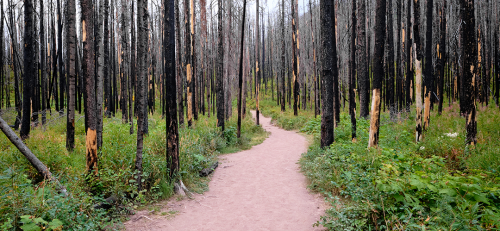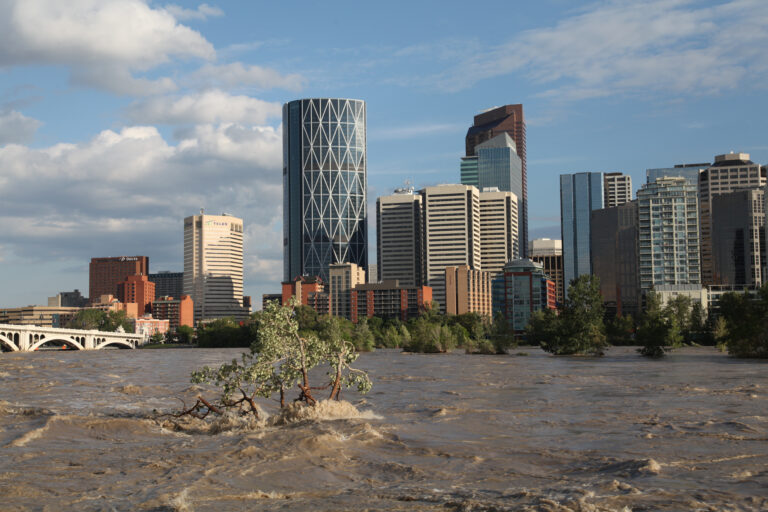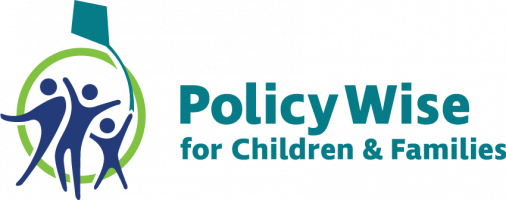How disasters touch our lives
Across Canada, natural disasters have become more than occasional interruptions. They are now recurring events that profoundly alter lives. Wildfires, floods, and severe storms force families to leave their homes, disrupt routines, and fill the air with smoke that can linger for weeks.
In these moments, communities often reveal their strength. Neighbours offer help, strangers become allies, and a sense of unity emerges. Yet beneath this courage lies a quieter reality. Disasters do more than damage buildings and roads. They unsettle our sense of security, strain relationships, and leave lasting emotional marks that may take years to fade.

Why mental health matters in recovery
At PolicyWise for Children & Families, we have witnessed how deeply disasters affect mental health. We have also seen how timely and thoughtful support can restore a sense of stability. Recovery is not limited to rebuilding structures. It is about rebuilding lives and renewing hope.
Over a decade ago, our report, Skills for Psychological Recovery Developmental Evaluation, highlighted a key principle. Mental health and well-being support must be woven into every stage of disaster response. When families feel heard and supported, they regain a sense of control and begin to heal.
Working together after the flood and flames
Recovery is not a solitary path. It requires collaboration, trust, and shared expertise. Communities recover more fully when they work together, drawing on diverse strengths and experiences.
PolicyWise has partnered with organizations that share this commitment. Together, we have developed resources to reduce long-term emotional harm and promote mental resilience. These resources are designed to be used, shared, and adapted to help meet local needs.
For example, with the National Collaborating Centre for Environmental Health, we created A Guide to Post-Flooding Community-Level Psychosocial Response and Recovery in Canada. This resource outlines seven practical steps that communities can adapt to support mental well-being after flooding.
Another resource we created was Strengthening Community Mental Health & Psychosocial Support During Emergencies, in partnership with the Canadian Red Cross. This report offers principles and actions for those working in mental health to support communities affected by disasters.
Learning from stories and evidence
Every disaster leaves behind lessons that can shape a more prepared and compassionate future. Communities that reflect on these lessons are better equipped to respond when the next crisis arrives.
Our work with Alberta’s Ministry of Health on disaster-related mental health and psychosocial supports illustrates this idea. Following the 2013 floods in southern Alberta, the Ministry introduced the Skills for Psychological Recovery program to help residents manage the emotional impact of the disaster. Our evaluation of the program told a story about what worked and where communities can grow stronger.
Even simple tools developed from this work, such as our infographic 10 Key Insights on Disaster-Related Psychosocial Supports in Alberta, can spark meaningful conversations among leaders and residents.

Sharing disaster recovery supports
Behind every resource is a story of collaboration and shared purpose. We are grateful to the partners who have shared their knowledge and skills so that together we can help families recover in ways that strengthen both homes and hearts.
As Canadians continue to face the challenges of natural disasters, PolicyWise remains committed to advancing resilience and well-being. We invite you to explore the disaster recovery supports and tools on our Resources for Practice website. Please share them with others and use them to strengthen well-being in your community. By working together, we can build resilience and hope for the future.
Help when you need it most
For Albertans in need of assistance, the Government of Alberta’s wildfire-related information hotline is available 24 hours a day, seven days a week. Please call 310-4455. You can also find the latest information on the Government of Alberta’s website.

